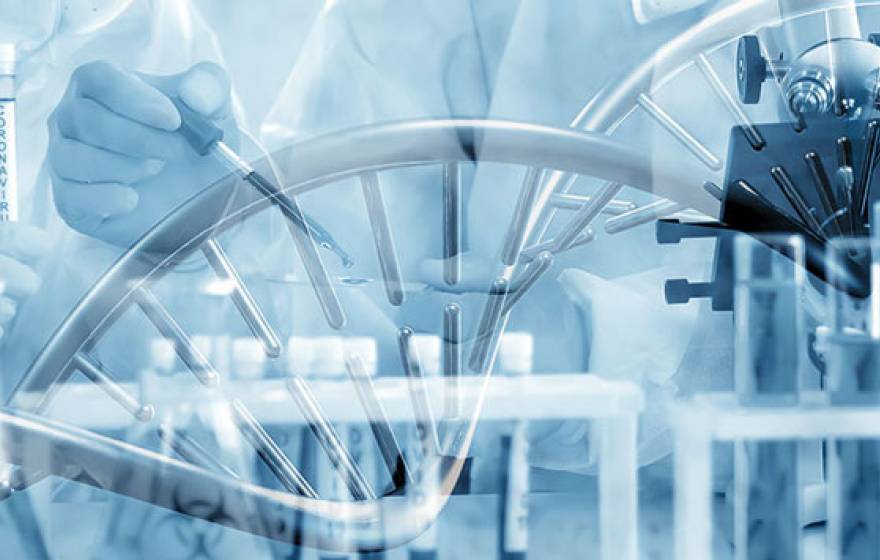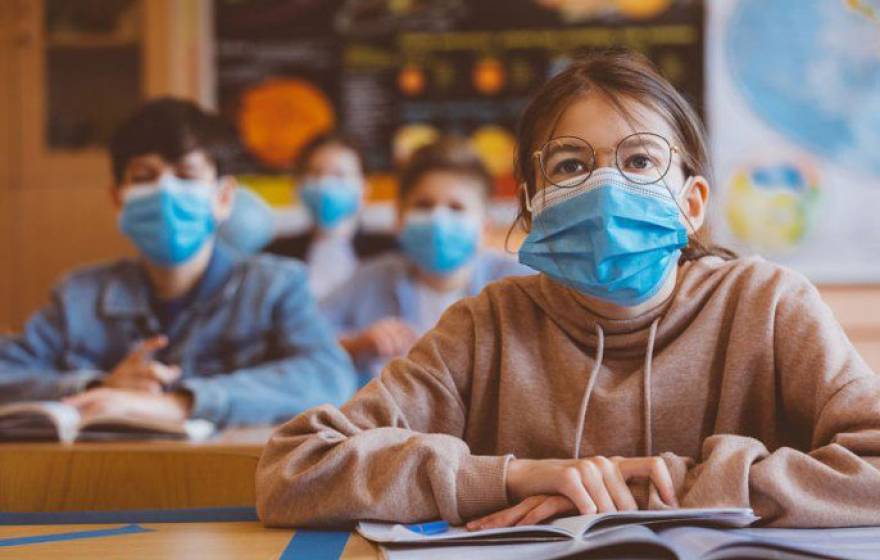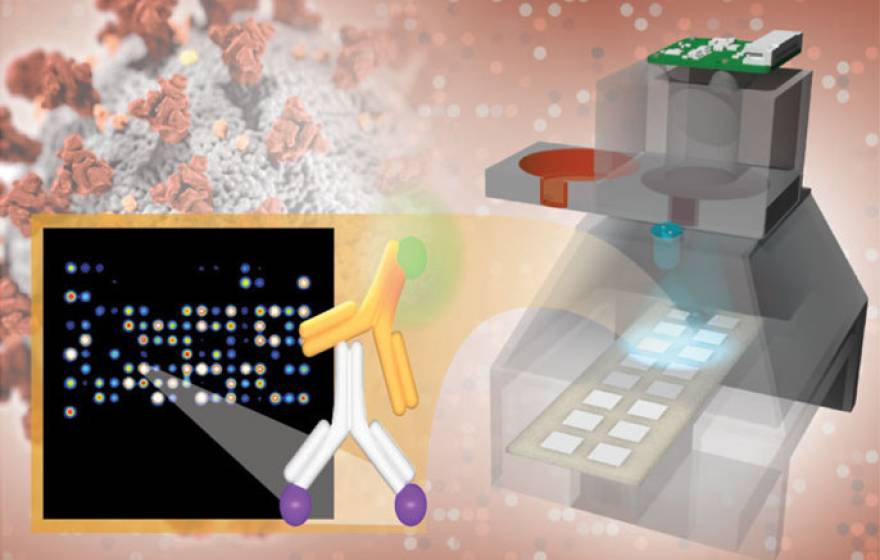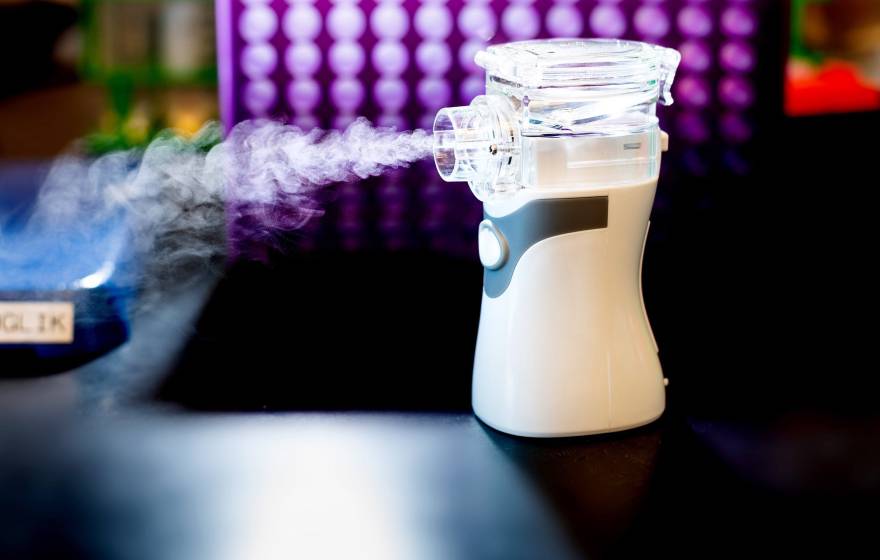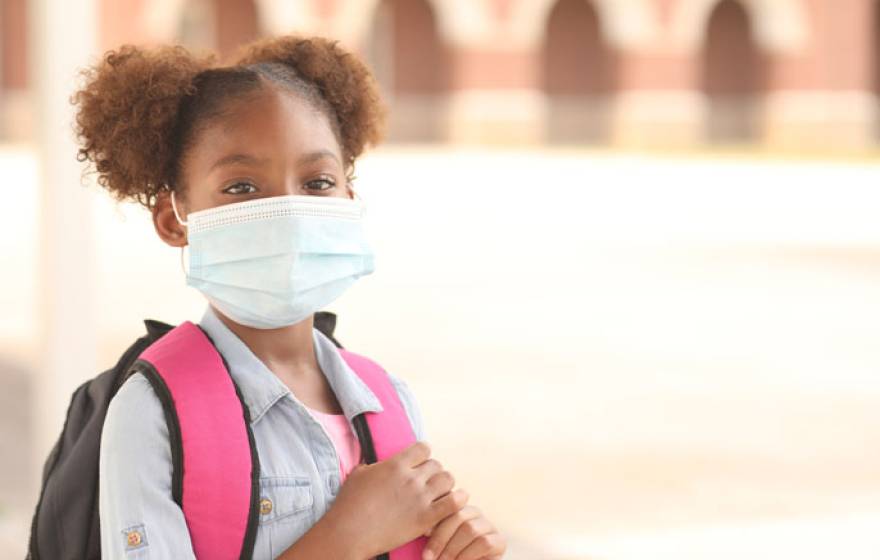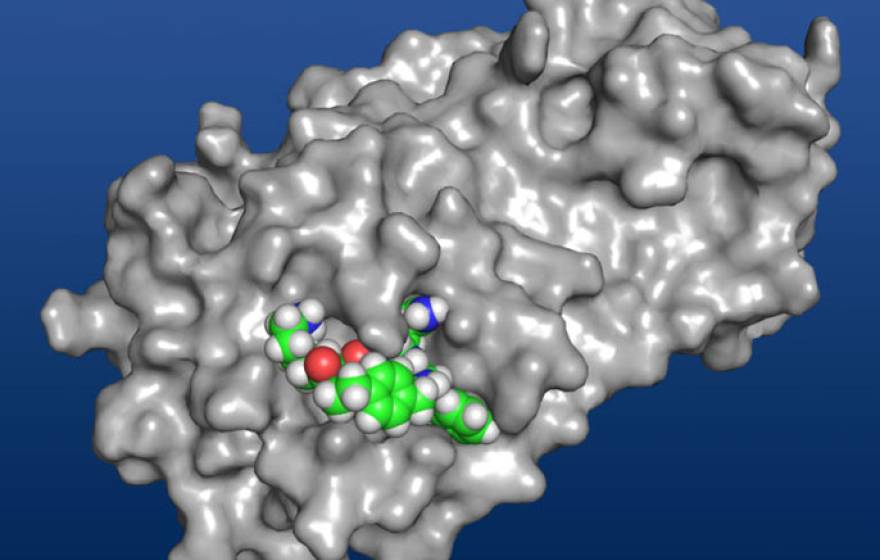University of California Health (UCH) hospitals across the state have been recognized as LGBTQ Healthcare Equality Leaders in the Human Rights Campaign Foundation’s 2020 Healthcare Equality Index (HEI).
University of California Health Hospitals Recognized for LGBTQ Health Care Equality
COVID-19 vaccines are moving fast, but will Americans agree to get them?
A UCSF-led flu study sheds light on which groups are most likely to skip shots.
Some immune cells appear to ‘know’ the coronavirus, even though they’ve never met
Having had the common cold appears to have programmed some people’s immune cells to recognize the SARS-CoV-2 virus.
How to reopen schools safely during COVID-19, according to pediatricians
UCSF doctors on what we know about COVID-19 in children, the safety precautions schools need to take, and the pros and cons of reopening schools.
What to know about wildfire smoke and COVID-19
Worried that air pollution from wildfires could increase the severity of COVID-19 symptoms? Learn the risks and how to protect yourself.
UC Irvine develops low-cost, accurate COVID-19 antibody detection platform
The portable imager could massively increase testing across the nation by the end of 2020.
Autism therapy in the palm of your hand
A mobile app will provide motivation-based autism treatment for families.
‘AeroNabs’ Promise Powerful, Inhalable Protection Against COVID-19
Scientists have devised a novel approach to halting the spread of SARS-CoV-2, the virus that causes the disease.
How to calm children’s back-to-school anxieties
MIND Institute experts explain what to look for in kids, and how to help.
One more reason to wear a mask: You’ll get less sick from COVID-19
Masks, by blocking even some of the coronavirus-carrying droplets you inhale, could reduce your risk of falling seriously ill from COVID-19.
UC Irvine scientists get ‘initial hit’ in developing drug to treat COVID-19
In an important first step, a new molecule, UCI-1, is shown to bind to the coronavirus enzyme, blocking a key function.
Do fidget spinners really work?
The study will assess whether a high-tech fidget device increases focus and relieves anxiety in adults with ADHD.

